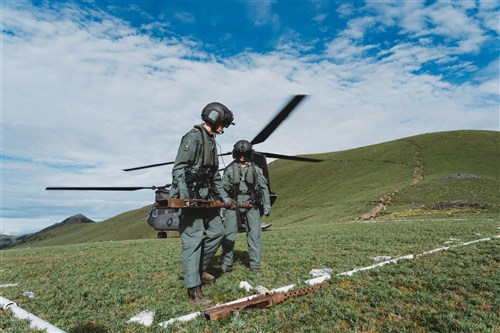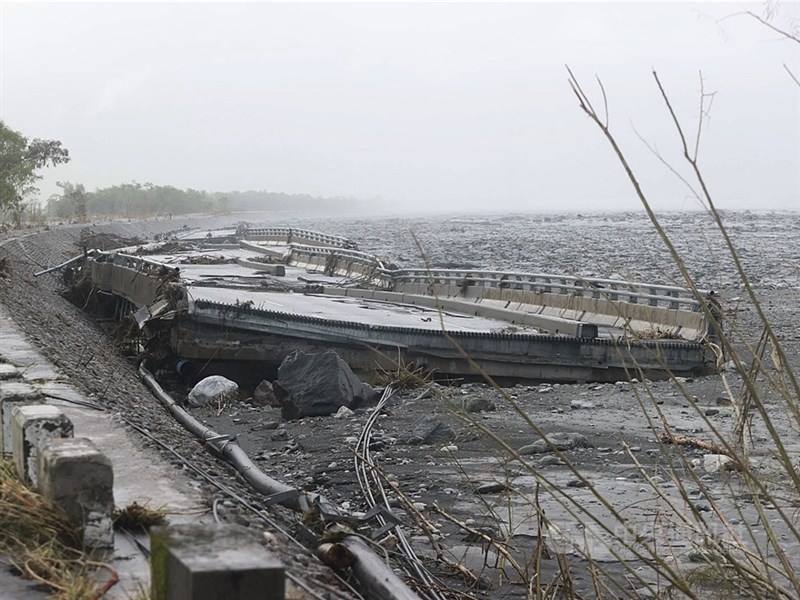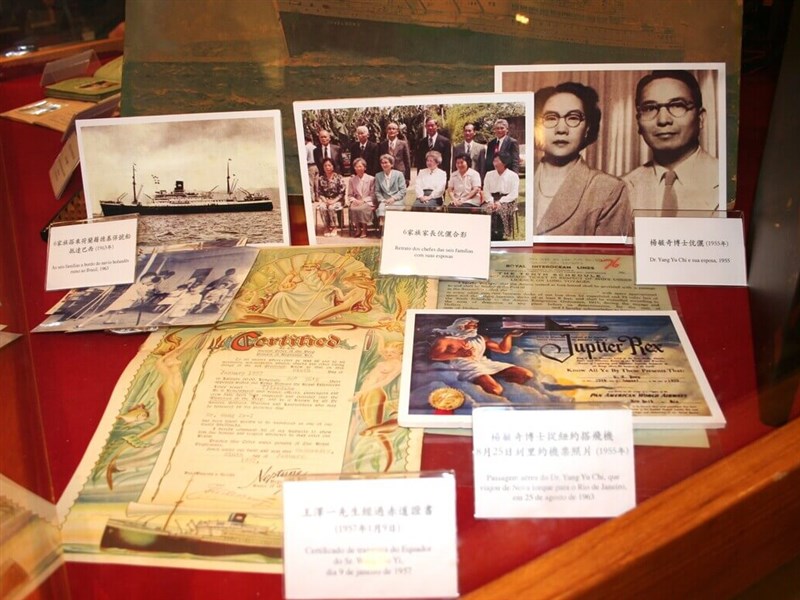FEATURE/NGOs, government at odds over migrant fisher care as 'forced labor' list looms
07/04/2024 01:21 PM
At 6:30 a.m. on April 10, hundreds of Indonesian fishers congregated at the port in Pingtung County's Donggang Township to take part in a prayer for Eid-al-Fitr, the fast-breaking day for Muslims.
(Full text of the story is now in CNA English news archive. To view the full story, you will need to be a subscribed member of the CNA archive. To subscribe, please read here.)
More in FEATURE
![Amid obstacles, Taiwan businessman still seeking WWII tragedy closure]() Amid obstacles, Taiwan businessman still seeking WWII tragedy closureWorld War II may have ended 80 years ago, but for businessman Hsu Shun-lung (許順隆), it continues to echo in Taiwan through a tragedy that has yet to be brought to a final resolution.12/27/2025 09:48 AM
Amid obstacles, Taiwan businessman still seeking WWII tragedy closureWorld War II may have ended 80 years ago, but for businessman Hsu Shun-lung (許順隆), it continues to echo in Taiwan through a tragedy that has yet to be brought to a final resolution.12/27/2025 09:48 AM![Hualien flood leaves Taiwan grappling with disaster response gaps]() Hualien flood leaves Taiwan grappling with disaster response gapsOn Sept. 23, a historic downpour caused the Matai'an Barrier Lake in Hualien to burst its banks, sending 60 million tons of water and debris through Guangfu Township and killing at least 19 people.10/16/2025 05:02 PM
Hualien flood leaves Taiwan grappling with disaster response gapsOn Sept. 23, a historic downpour caused the Matai'an Barrier Lake in Hualien to burst its banks, sending 60 million tons of water and debris through Guangfu Township and killing at least 19 people.10/16/2025 05:02 PM![Fala Formosa! Taiwanese expats to Brazil carve 7 decades of immigrant stories]() Fala Formosa! Taiwanese expats to Brazil carve 7 decades of immigrant storiesSão Paulo is not typically thought of as a hotspot for Taiwanese restaurants and Boba tea shops, much less places that attract long lines of patrons.10/03/2025 04:08 PM
Fala Formosa! Taiwanese expats to Brazil carve 7 decades of immigrant storiesSão Paulo is not typically thought of as a hotspot for Taiwanese restaurants and Boba tea shops, much less places that attract long lines of patrons.10/03/2025 04:08 PM
Latest
- Society
Fireworks light up Taipei skyline as Taiwan rings in 2026
01/01/2026 12:43 AM - Cross-Strait
Taiwan military remains on alert as China says drills concluded
12/31/2025 10:05 PM - Business
Taiwan dollar rose 4.27% against U.S. dollar in 2025, highest in 5 years
12/31/2025 09:21 PM - Politics
High Court upholds acquittal of Ma Ying-jeou in KMT assets sale
12/31/2025 08:47 PM - Society
Crowds gather at Taipei 101 to ring in 2026
12/31/2025 08:28 PM


